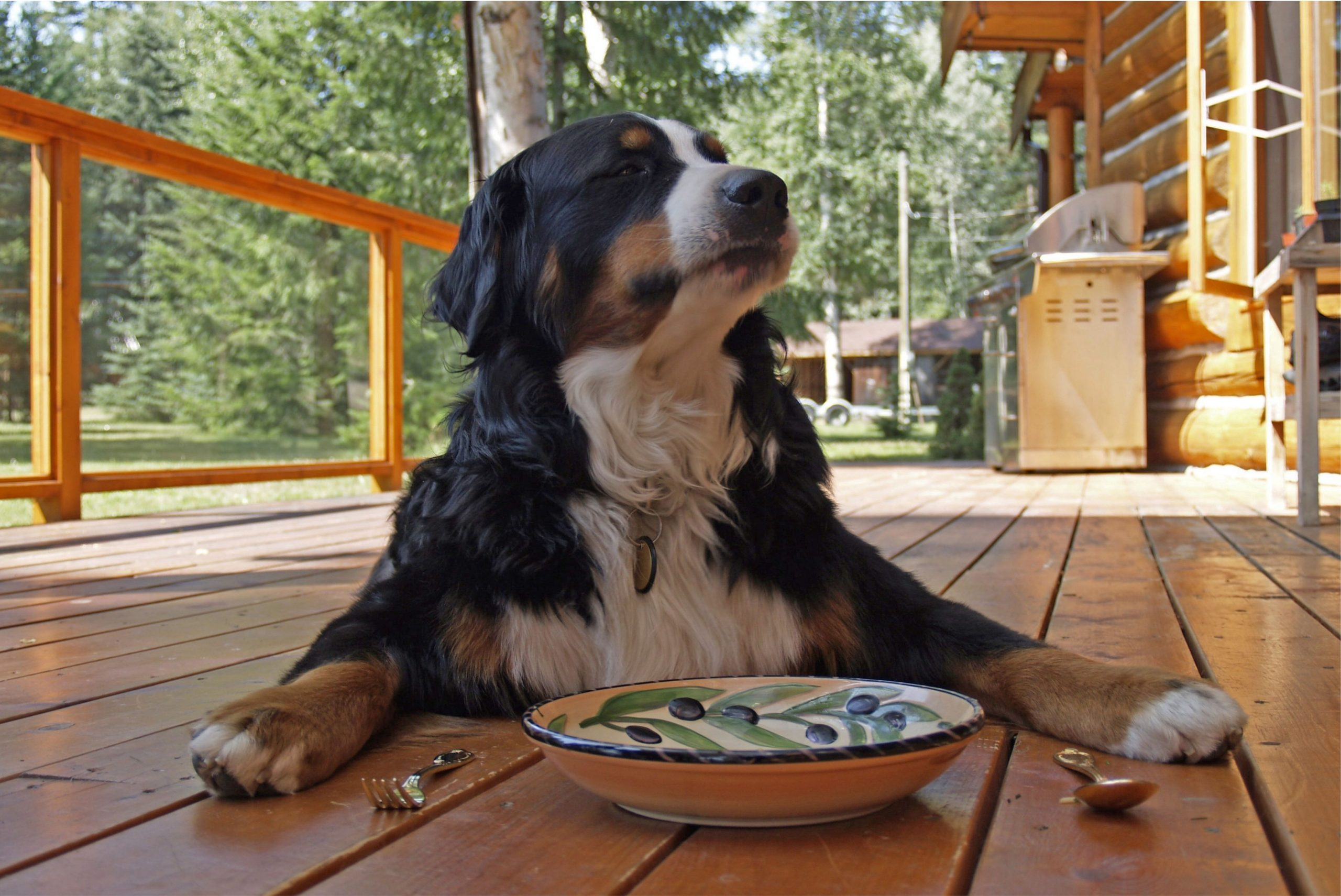Stomach pH in the Service of Protecting the Digestive System in Dogs
Dogs that eat raw food have a lower stomach pH than dogs that eat dehydrated food. Why is it important?

Stomach pH is the first line of defense of the digestive system against dogs. Dogs that eat raw food have a lower stomach pH than dogs that eat dehydrated food. Why is it important? The low pH (highly acidic) of stomach acid protects the organism from pathogenic bacteria, e.g. Salmonella spp, Escherichia coli, Clostridium spp, Campylobacter spp. Bacteria cannot survive in such a medium. We can say that stomach acid is the first line of defense of the digestive system.
Food for dogs of controlled origin This certainly does not mean that we can feed dogs with food of uncontrolled origin. (Waste from slaughterhouses, raw food from illegal producers, carcasses, etc.) In order for dog owners and dogs themselves who eat raw food to be safe, it is important that the food consumed by dogs is of controlled origin. Produced in legal facilities for the production of pet food that are under the constant supervision of a veterinary inspection or prepared at home from ingredients acceptable for human consumption. The hygiene of hands, tools, space and dishes that is applied when handling meat for human consumption should also be applied when handling
raw with dog food. It is important that the contents leaving the stomach into the small intestine be acidic in order to stimulate the secretion of pancreatic enzymes responsible for breaking down fats and proteins. Weakly acidic content weakly stimulates enzyme secretion. As a result, chronic diarrhea occurs. The treatment of this kind of diarrhea usually boils down to the use of commercial foods that contain a large proportion of crude fiber and mask the diarrhea, rather than treating it. So when you feed your dog such food, the amount of stool is large in volume and soft in consistency. The stool of a healthy dog should be small and compact.
The highly acidic pH in the stomach ensures good digestion of raw bones. Minerals are released from the bone structure only in a very acidic medium, and when the minerals are released from the bone, the bone becomes soft and elastic. Such a bone is then easily digested, it cannot damage the digestive system. This only applies to raw, but not cooked or roasted bones. A higher pH of the stomach (weakly acidic) as a result of a diet rich in starch adversely affects digestion and the body's immune system. Dehydrated food is rich in starch, even food that is grain-free - 'grain free' contains at least 30% starch (original starch from potatoes, peas, etc.) because such ingredients are cheap, and starch is needed to obtain the form (ball/ granule) of dehydrate. Dogs that eat dehydrated food have a slightly higher (less acidic) pH of stomach acid. In the phase of
adjustment to raw food it is most important that the pH of the stomach acid falls to a favorable level so that raw meat, cartilage and bone can be well digested and so that the dog can make maximum use of the nutrients from raw food.


